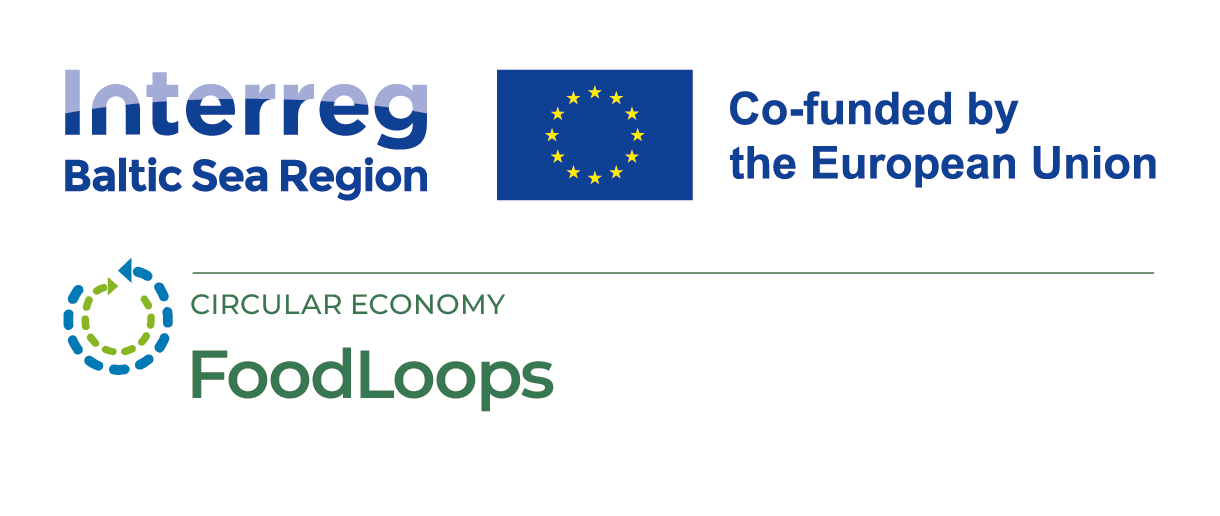
Food Waste in Schools: Challenges and Solutions - Workshop for the Naujieji Verkiai community in Vilnius
11 December 2024

On November 23, 2024, the Lithuanian Consumer Institute hosted an engaging workshop for the Naujieji Verkiai community in Vilnius, drawing in 20 participants eager to tackle the pressing issue of food waste. The event highlighted the profound impact of food waste on biodiversity, climate change, and socioeconomic factors, sparking meaningful discussions among attendees.
One of the most compelling topics was the issue of food waste in schools, where research reveals that a significant portion of waste originates from students’ plates. This uneaten food often includes meat, fish, side dishes, soups, and other meals. The underlying causes were identified as a mismatch between meal offerings and student preferences, alongside inadequate menu planning. Excess food produced during preparation also contributes to the problem, leading to unnecessary waste.
Participants emphasized the urgent need for schools to revamp their food systems to better cater to students’ tastes. Suggestions included conducting surveys to gather student feedback, implementing findings, and organizing food tastings. The discussions underscored the importance of diversifying meal options, frequently updating menus, and ensuring that meals are visually appealing to promote consumption.
Another key challenge raised was the lack of awareness among students and teachers about food waste prevention. The necessity for training programs for educators was highlighted, equipping them with practical knowledge on sustainability. Additionally, educational campaigns and workshops aimed at students were proposed to foster responsible consumption and enhance awareness of food waste issues.
Logistical hurdles in collecting food waste from schools were also addressed. Farmers interested in this initiative often encounter high transportation costs and inefficiencies. To tackle these issues, participants suggested consolidating waste from multiple schools to optimize transport efficiency and proposed financial subsidies or incentives to alleviate transportation and handling costs.
The workshop concluded with a consensus that overcoming these challenges requires collaboration among schools, farmers, and local communities. By implementing innovative solutions and educational initiatives, we can significantly reduce food waste in schools and inspire broader societal changes toward a more sustainable future.





